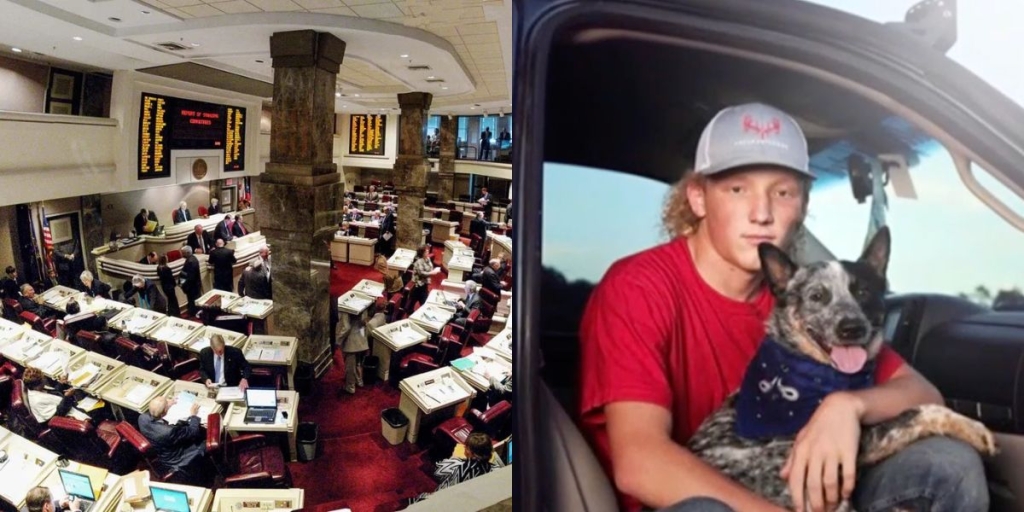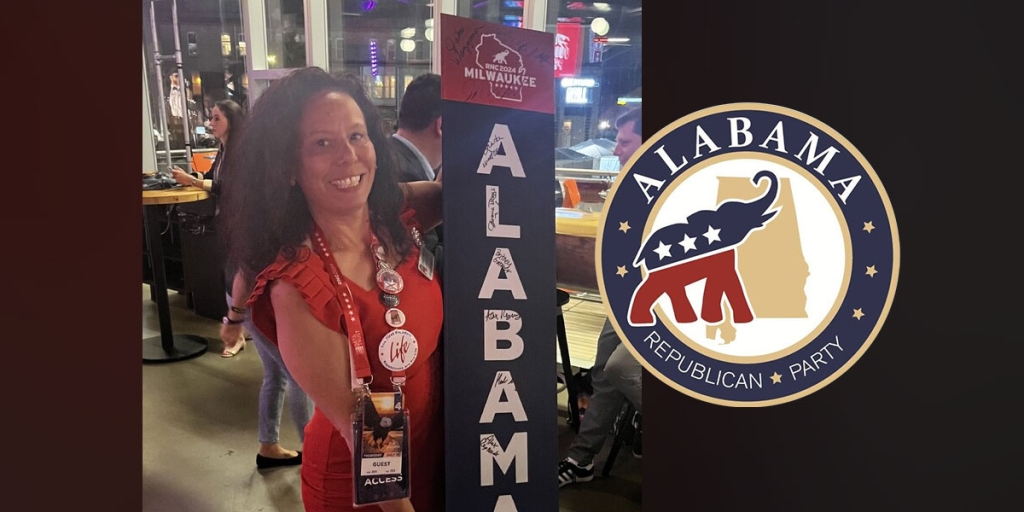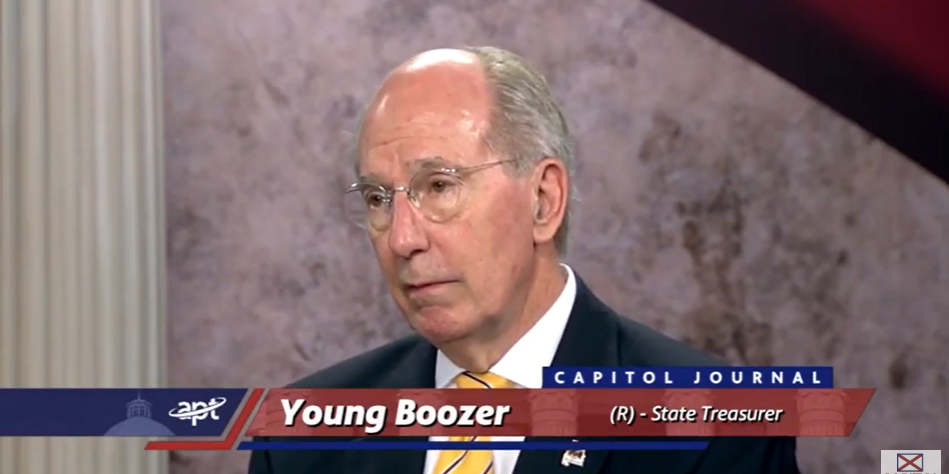MONTGOMERY, Ala. — In light of Alabama’s recent efforts to create government owned and operated broadband providers, Americans for Tax Reform sent a letter to members of the Alabama Senate explaining why such policies are harmful to consumers. Delivered on Tuesday, the letter specifically criticized House Bill 375, and Senate Bills 151, 192, and 228 for being “inappropriate and irresponsible uses of scarce public resources.”
“On behalf of Americans for Tax Reform and supporters across Alabama, I urge you to oppose efforts to expand government-owned broadband networks (GONs) and other government-provided telecom services in your state,” said Grover Norquist, president of Americans for Tax Reform. “Hundreds of examples nationwide have shown a clear pattern: Government-owned broadband networks quickly turn into money pits and almost always leave taxpayers on the hook for massive rate hikes.”
Across the country, government-controlled broadband networks have failed, costing taxpayers millions of dollars. One of the most prominent examples was Memphis, Tennessee’s GON, which was sold at a taxpayer loss of $20.5 million. Right here in Alabama, Opelika spent about $43 million to build a broadband network capable of 1 gigabit-per-second symmetrical speeds, financed by a bond issue backed up by the revenue of Opelika Power Services. As of late 2016, OPS had only one subscriber for its Lite Speed Gig service and none for its next highest tier, Lite Speed Plus, with upload and download speeds of 300 megabits per second.
RELATED: Alabama town spends $43M of taxpayer money on super speed Internet. Gets one subscriber.
The bills cited in AFTR’s letter would all allow the failing OPS to extend its network to include all of Lee County, with the possibility of further extension in the future. But because it is backed by the power of the government and does not have to play by the standard rules of business, OPS can continue to operate with low numbers of subscribers via subsidization.
Norquist told Alabama lawmakers that competition from the government is an unfair practice that ultimately harms the consumer and taxpayer the most. Because businesses will not compete with entities that lack a profit motive, competition in the areas where GONs exist becomes more scare. “Since it is vigorous competition between providers that spurs innovation, improves quality of service and drives prices down, GONs leave consumers at risk for fewer choices, outmoded technology and deteriorating service,” Norquist wrote.
Furthermore, he argued that when GONs inevitably fail, the taxpayer is unfairly left to foot the bill.
Sen. Tom Whatley’s (R-Auburn) SB 288 failed in the Senate Transportation and Energy Committee this morning by a vote of 7-6. However, the House version of the bill, Rep. Lovvorn’s (R-Auburn) HB 375, will still be considered in the House Commerce and Small Business Committee next Wednesday.













